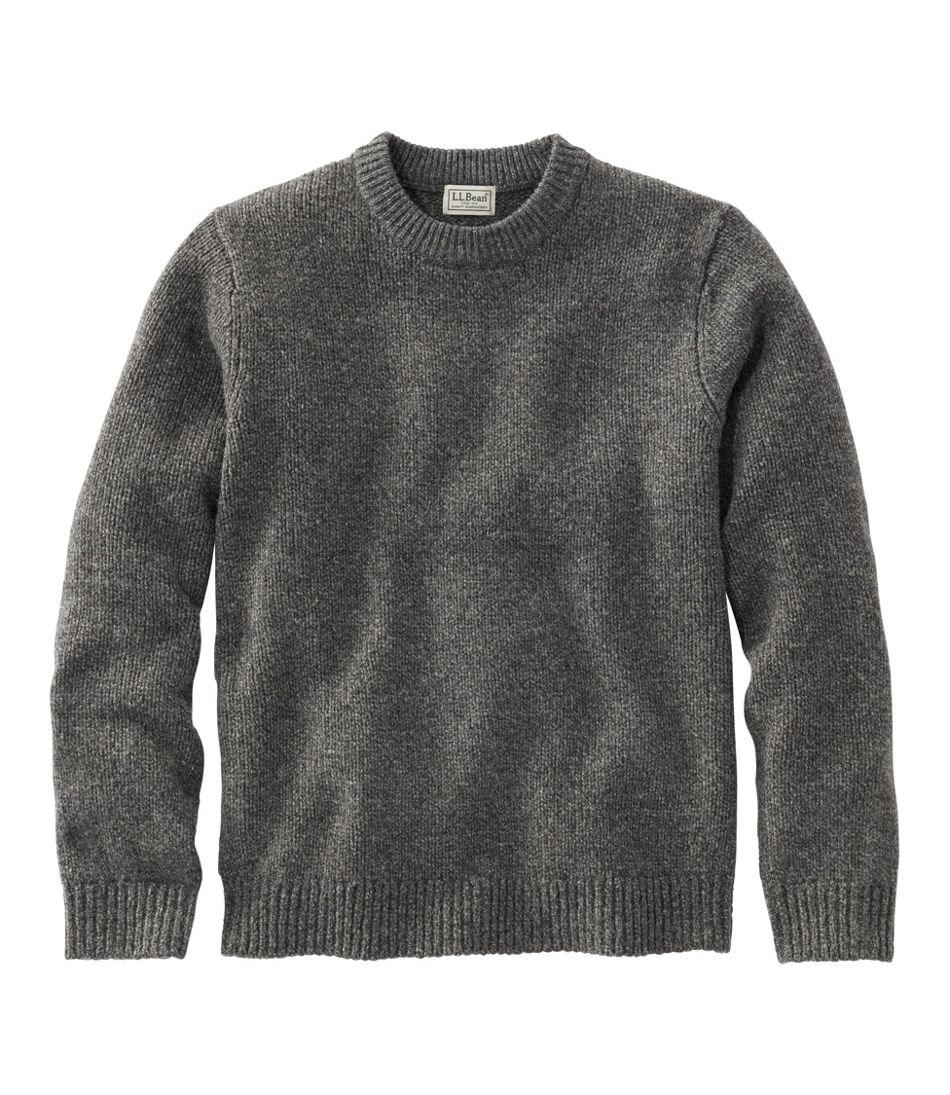Vegan sweaters, the fashion industry has seen a significant shift towards ethical and sustainable practices, with veganism no longer confined to diet but extending to clothing choices. Vegan sweaters offer a compassionate alternative to traditional knitwear, ensuring no animals are harmed in their production. This extensive guide delves into the world of vegan sweaters, exploring their benefits, materials, care, and how they align with a sustainable lifestyle.

The Rise of Vegan Fashion: Vegan fashion is a response to the growing awareness of animal welfare and environmental concerns. It seeks to eliminate the use of animal-derived materials such as wool, silk, and cashmere, replacing them with plant-based or synthetic fibers that do not compromise on quality or style.
Understanding Vegan Materials:
- Cotton: A breathable and natural fiber that is a staple in vegan knitwear.
- Linen: Made from flax plants, linen is lightweight and has a natural luster.
- Tencel: A sustainable fabric derived from wood pulp known for its softness and durability.
- Bamboo: Highly renewable, bamboo yarns offer a silky feel and natural antibacterial properties.
- Acrylic: A synthetic fiber that can mimic the warmth and feel of wool.
- Recycled Polyester: Utilizing post-consumer plastic bottles, recycled polyester is a more eco-friendly alternative to virgin polyester.
Sourcing Ethical Vegan Sweaters:
Choosing a vegan sweater goes beyond just the material—it’s about supporting brands that prioritize ethical production practices. Look for companies that are transparent about their supply chain, labor conditions, and environmental impact.
Design and Style Variations:
Vegan sweaters come in an array of styles, from classic crewnecks and cozy turtlenecks to trendy oversized cardigans. Designers are increasingly embracing vegan materials, proving that ethical fashion can also be fashionable.
The Environmental Impact:
The production of vegan sweaters, especially those made from organic or recycled materials, typically has a lower environmental footprint. They avoid the land and water use associated with animal farming and often have a more sustainable manufacturing process.
Caring for Your Vegan Sweaters:
Proper care can extend the life of your vegan knitwear. Wash on a gentle cycle with eco-friendly detergents, and lay flat to dry. Storing them correctly, folded rather than hung, will prevent stretching and distortion.
The Versatility of Vegan Sweaters:
Vegan sweaters offer versatility for all seasons. Pair them with sustainable denim for a casual look or with a formal plant-based suit for a more sophisticated ensemble.
Challenges and Considerations:
While vegan alternatives are generally more humane, it’s essential to consider the entire lifecycle of a sweater. Some synthetic materials may not be biodegradable, so opting for natural or recycled fibers is preferable.
The Role of Certification:
Certifications like the Global Organic Textile Standard (GOTS) or OEKO-TEX can help consumers identify truly sustainable vegan sweaters. These certifications ensure that the products meet strict environmental and social criteria.
The Future of Vegan Knitwear:
Innovation in textiles is paving the way for even more sustainable and high-performing vegan materials. Brands are exploring lab-grown fabrics and novel fibers made from agricultural waste, pushing the boundaries of what vegan fashion can be.
Creating a Vegan Wardrobe:
Embracing sweaters is just the start. A complete vegan wardrobe considers all aspects of clothing, from shoes and accessories to outerwear, all made without animal products.
The Cost of Vegan Sweaters:
While vegan sweaters may sometimes come with a higher price tag due to their ethical production standards, they are an investment in a more sustainable future. Moreover, as demand increases, prices are likely to become more accessible.
Conclusion:
Vegan sweaters represent a conscious choice towards a more ethical and sustainable future in fashion. By choosing plant-based or responsibly sourced synthetic materials, consumers can enjoy style without sacrificing their values. As the vegan fashion movement grows, it encourages the industry to innovate and improve, leading to a kinder and more environmentally considerate world. Whether you’re a long-time vegan or just beginning to explore ethical fashion choices, vegan sweaters offer a warm, stylish, and guilt-free addition to any wardrobe.